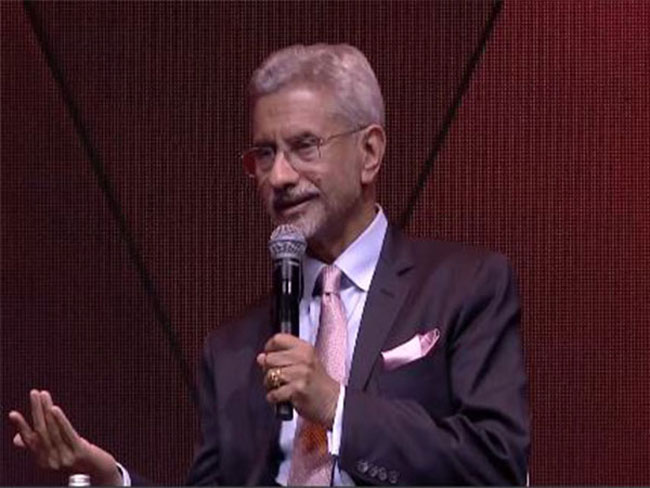Munich:External Affairs Minister S. Jaishankar expressed confidence in India’s democratic framework, emphasizing that democracy in India has consistently delivered. Speaking at the Munich Security Conference (MSC) 2025 during a panel discussion on “Live to Vote Another Day: Fortifying Democratic Resilience,” he highlighted the strength of India’s electoral process and governance.
Jaishankar participated in the discussion alongside Norway’s Prime Minister Jonas Gahr Støre, U.S. Senator Elissa Slotkin, and Warsaw Mayor Rafał Trzaskowski. He countered the notion that democracy is facing a global crisis, stating, “We are living well, voting well, and optimistic about the direction of our democracy.”
India’s Robust Electoral Process
Jaishankar underscored the scale and efficiency of India’s elections, pointing out that in national elections, about 700 million voters out of 900 million eligible citizens participate. He noted that votes are counted in a single day and that election results are widely accepted without dispute.
Raising his ink-marked index finger as a symbol of voting, he remarked, “This is the mark of a person who has just voted. My state just had an election, and last year, we conducted national elections. Compared to previous decades, 20% more people vote today.”
Democracy and Socioeconomic Development
Responding to concerns that democracy does not directly impact people’s daily lives, Jaishankar firmly stated that in India, democracy plays a vital role in supporting citizens. “Democracy in India ensures food and nutrition support for 800 million people. For many, it determines their health and well-being.”
He stressed that while some parts of the world may struggle with democratic challenges, it is incorrect to assume that democracy is failing globally. “There are places where democracy is thriving and places where it is not. We must have honest conversations about why it struggles in certain areas.”
India’s Democratic Success as a Model for the Global South
Jaishankar pointed out that India’s democratic journey is more relatable for countries in the Global South than Western models. He stated that India chose democracy post-independence because of its pluralistic and consultative society.
He criticized the historical Western approach of treating democracy as an exclusive Western characteristic while supporting non-democratic regimes elsewhere. “Many in the Global South will relate more to India’s democratic experience than Western models. Despite challenges, India has remained true to democracy, even at a low-income level.”
Call for Broader Recognition of Successful Democratic Models
Jaishankar urged the West to acknowledge successful democratic models outside their region if they wish to see democracy flourish globally. “If the West truly wants democracy to succeed worldwide, it must embrace and learn from successful non-Western democracies like India.”
The Munich Security Conference 2025, held from February 14-16 in Munich, Germany, serves as a key platform for high-level discussions on foreign and security policy challenges.
In a post on X (formerly Twitter), Jaishankar reaffirmed his stance, stating, “Highlighted India as a democracy that delivers. Differed with the prevailing political pessimism. Spoke my mind on foreign interference.”




